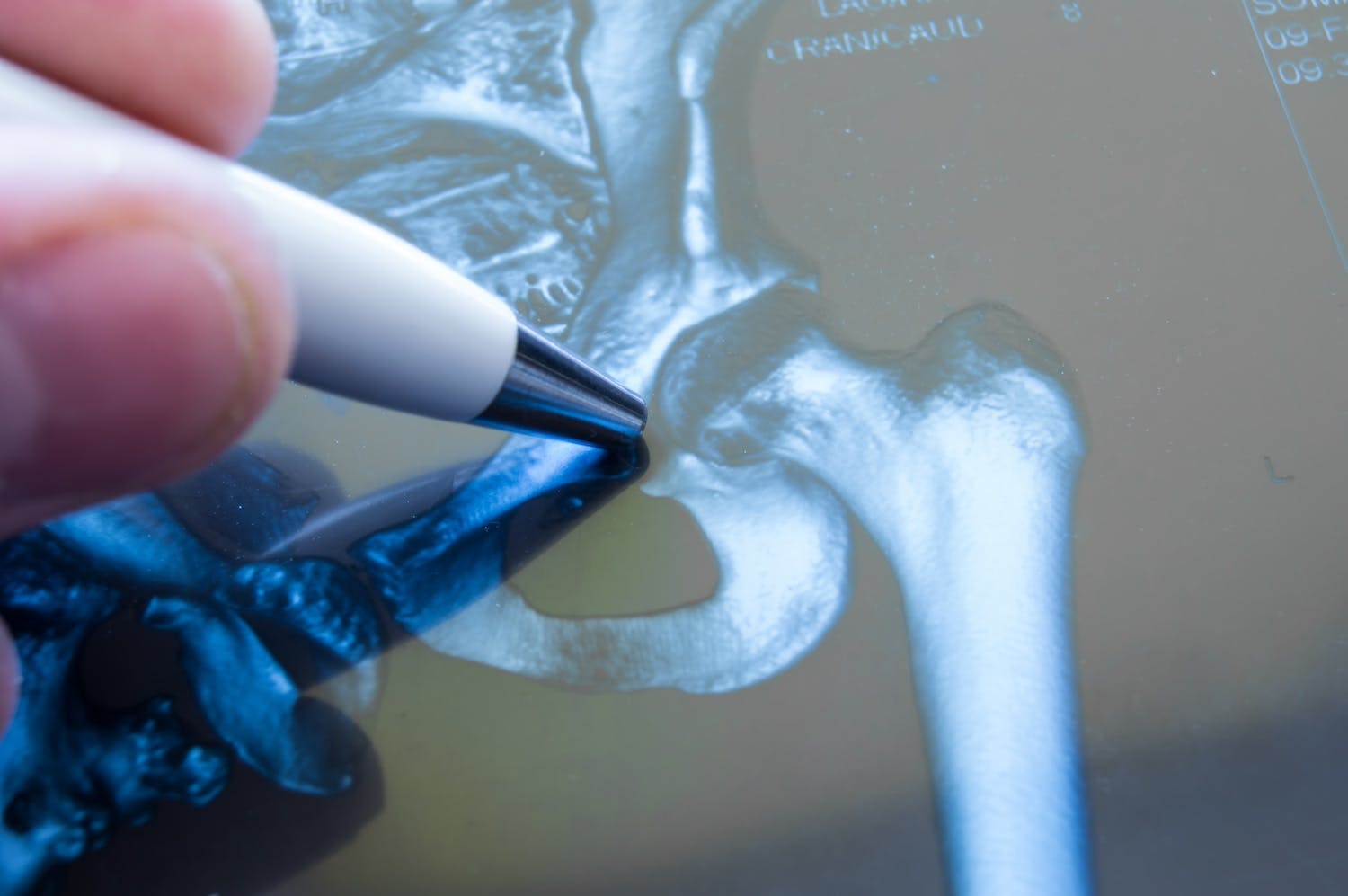- Blog
Nutrition and Better Bone Health
Posted on 01-16-2026 in Nutrition, Healthy Aging, Diet, Bone Health & Healthy Eating by Dr. Joshua Hackel

Posted on 01-16-2026 in Nutrition, Healthy Aging, Diet, Bone Health & Healthy Eating by Dr. Joshua Hackel
March is National Nutrition Month®, and as part of the conversation, the North Florida Bone & Joint team wants to emphasize the impact diet can have on your bone health. Before diving in, it's essential to understand the role the skeleton plays in your body. Specifically, the skeleton—and the bones its comprised of—serve the following functions:
According to the Academy of Nutrition and Dietetics, childhood and adolescence are the ideal time to focus on increasing bone mass. Considering most of us reach our peak bone mass between the ages of 25 and 30, building healthy bones at a young age helps prevent issues as we age.
A gradual loss of bone mass generally begins around age 35, with women ultimately losing 30% to 50% of their bone density while men lose 20% to 30%. By age 50, the National Institutes of Health (NIH) indicates that half of all Americans have "weak" bones. However, regardless of age or gender, diet management can help you develop a framework for healthy bones.
Here are a few key nutritional factors to consider as you make your way toward better bone health, according to the American Academy of Orthopaedic Surgeons (AAOS):
Don't forget that regular weight-bearing exercise is also vital to the health of your bones. Activities such as brisk walking and hiking, jogging and/or running, dancing, jumping rope, tennis, ping pong, pickleball, basketball, soccer, volleyball and stair climbing all stimulate bones and can ultimately help strengthen them.
If you are concerned with bone loss or have experienced a fracture or other musculoskeletal system issue, visit us online and learn more about Dr. Josh Hackel and the common conditions he treats. You can also complete our convenient online appointment request or call 850.916.3700 to schedule a visit.

Ischiofemoral Impingement (IFI) is a lesser-known but often painful condition affecting the hip joint. This condition arises when the ischium (a bone in the pelvis) and the femur (the thigh bone) come into abnormal contact, which compresses soft tissues surrounding the hip. While the discomfort typically manifests in the buttocks or groin, particularly when moving the hip or walking, it can also present as low back pain, making it challenging to diagnose early. Additional symptoms and causes include discomfort during prolonged sitting, reduced range of motion, stiffness and/or tightness in the hip area.

May is Arthritis Awareness Month, an opportunity to increase public understanding of arthritis and its impact on millions of lives. Established by the Arthritis Foundation, this national observance highlights the importance of early diagnosis, effective treatment, and ongoing research to improve the quality of life for those with arthritis.

With summer in full swing and children taking advantage of more time to participate in sports-related or other outdoor activities, it’s essential to be mindful of injury prevention while encouraging their interest in activities that don’t involve screen time!